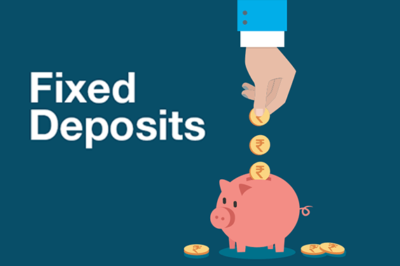
What Is Fixed Deposit Interest Rates: How Do They Work?
Fixed Deposits are a secure and reliable investment option, ideally suited for those prioritising safety and seeking steady returns without taking significant risks. Interest earnings on your FD accounts depend on the rates provided by financial institutions, typically ranging from 3% to 8%. As the interest rate increases, and with a prolonged investment duration, your cumulative returns and investment pool grow substantially. However, uncertainty often surrounds the mechanics of interest rates and the calculation of earned interest. Additionally, intricacies related to TDS on FD interest and the enhanced benefits available to senior citizens through tax-saving FDs can add complexity. The Economics Behind High-Interest Rates on Fixed Deposit Banks and other financial institutions use Fixed Deposits to raise funds. When individuals deposit their money in a Fixed Deposit account, the bank lends it to borrowers through loans, overdrafts, or credit. On lending, they charge interest from the borrowers, which is an earning. This means they are parking your funds and, in return, offering you a lucrative interest rate. The same also applies to savings accounts and recurring deposits. However, savings accounts
Read More